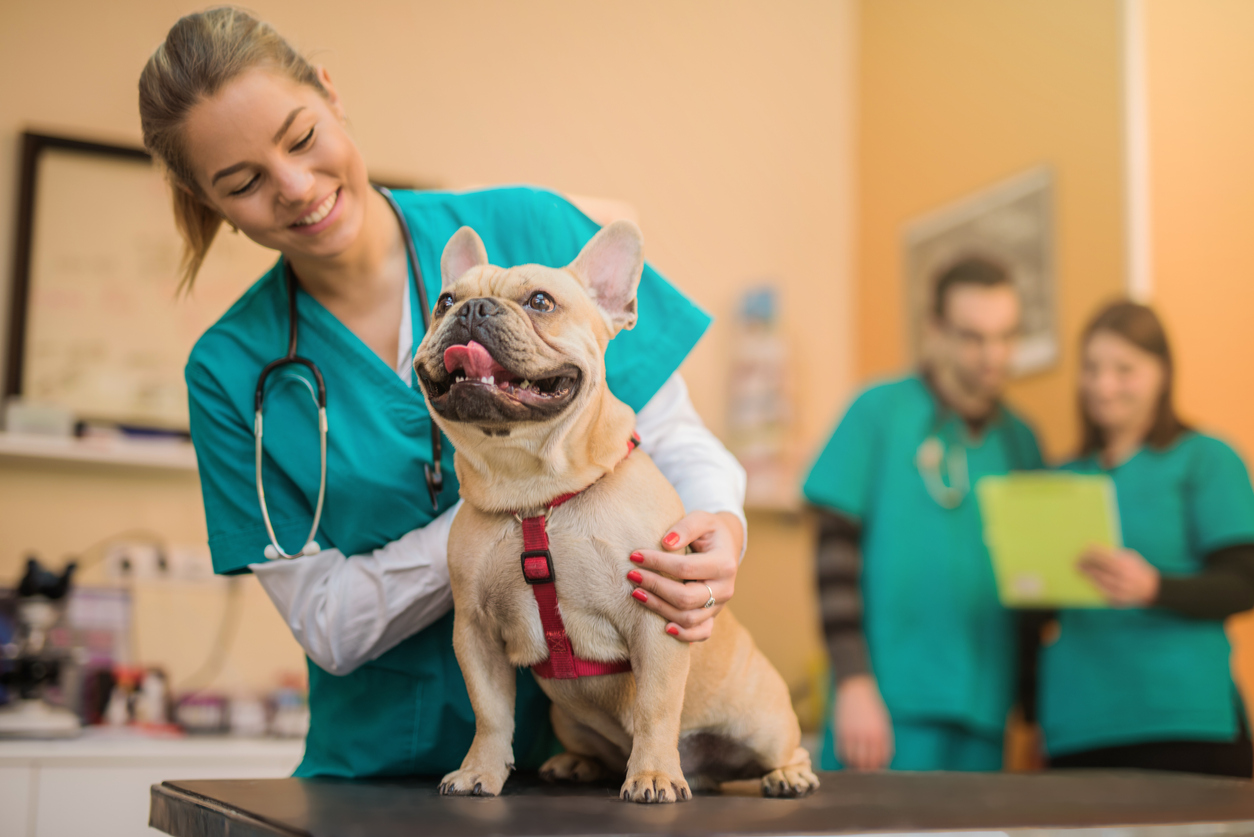Whether you want to buy or sell a veterinary practice, it’s important that you have accurate information before beginning the process. Unfortunately, however, there is a lot of inaccurate information out there. Below are some common misconceptions about buying and selling a veterinary practice. For additional information, please contact a veterinary practice attorney.
Buyer Misconceptions
School debt prevents financing
Buyers often worry that student loan debt will prevent them from obtaining financing. This isn’t necessarily the case. In fact, successful veterinary practices often generate enough cash to allow owners to pay off their student loans.
Owning a practice requires long hours
Although potential veterinary practice purchasers often worry that they’ll be required to work long hours to be successful, studies show that new practice owners typically work around 40 hours per week.
Practice ownership requires years of veterinary experience
Those who graduate from veterinary school should trust that their education has adequately prepared them for practice ownership. Most veterinarians are ready for practice ownership within three years of graduation.
Practice ownership requires business experience
Although business experience helps, it isn’t required when purchasing a veterinary practice. Many veterinary practice owners learn the business side of the practice as they go along.
Seller Misconceptions
Practice value can be based on last year’s gross revenue
Although fluctuations in the value of a business are common, a seller can’t base the value of his or her practice on a previous year’s gross revenue. Unfortunately, even if revenues are down, a seller must value his or her practice based on the most recent figures. Luckily, however, a bad year may simply mean that a seller should postpone the sale of his or her practice until business improves.
Corporate buyers pay more
Corporate buyers usually purchase larger practices, and they don’t always pay more than private purchasers. Therefore, it is incorrect to assume that the sale of one’s practice to a corporate buyer will always be more profitable than a sale to a private buyer.
The buyer will assume the cost for leased equipment
Leased equipment is often paid off by the seller when a transaction is complete, but it’s possible for a buyer to assume a seller’s current equipment leases. However, when a buyer assumes equipment leases, there is often an increase in practice expenses, and this may result in a lower sales price for the practice.
Contact Our Experienced Veterinary Attorneys
Buying and selling a veterinary practice can be extremely complicated. Therefore, whether you’re selling or buying a veterinary practice, it’s important that you have an experienced legal team on your side. At Mahan Law, we understand what it takes to successfully buy or sell a veterinary practice. When you come to us for help, our experienced veterinary attorneys will work hard to ensure that your veterinary practice transaction is a rewarding experience. Please contact us today to schedule a consultation.

